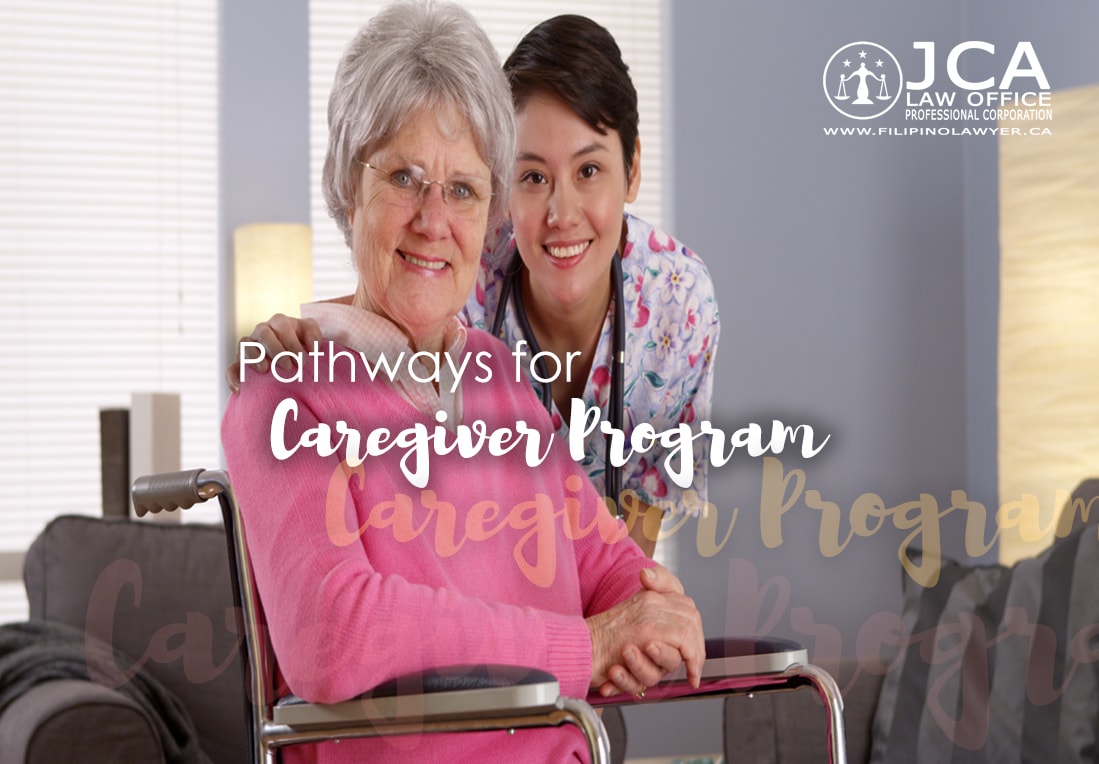
The Citizenship & Immigration Canada announced reforms to the traditional Live-In Caregiver Program (LCP). The old live in caregiver program policy allowed Canadian employers to hire foreign nationals to live and work in their homes to provide domestic help for seniors, people with disabilities, and childcare. After completing the two years of work, these caregivers can apply for permanent residency.
Citizenship and Immigration Canada has announced changes to the current caregiving program. Listed below are the positive changes under this program.
The LIVE-IN REQUIREMENT IS JUST A CHOICE.
The new caregiver program is no longer a requirement for caregivers to live with their employers. The old policy is just placing them into stressful situations, including overwork with uncompensated overtime, poor workings conditions and worse, until their permanent residence status has been granted by the CIC.
Both employer and caregiver should agree to this arrangement. In these cases, the employer will need to resubmit to the Labour Market Impact Assessment (LMIA) about the live-in arrangement and an employer will no longer deduct the boarding accommodation from the caregiver’s wages.
PERMANENT RESIDENCE PATHWAYS
There are pathways for permanent residency that has been introduced for caregivers last November 30, 2014. These pathways will be assessed within 6months of application and an annual cap of 2, 750 application each and a total of 5,500 applications excluding the spouses and dependents. Citizenship and Immigration Canada admitted a total of 17,500 caregivers in 2014 and 30,000 in 2015 (including spouses and dependents).
The pathways of permanent residence described in details below:
Children Care Pathway
Two years of full-time work experience in Canada as a child care provider within the past four years.
A minimum language requirement or Canadian Language Benchmark (CLB) mark of 5 in an accredited third-party language test or assessment centers.
Or, a Canadian post-secondary education credential of at least one year or an equivalent foreign credential supported by Educational Credential Assessment (EDC)
People with high medical needs or disabilities
Two years of full-time work experience in Canada as an in-home caregiver or providing in-home care for the elderly or persons with disabilities in a health facility.
They are licensed to practice in Canada, if applicable.
A minimum language requirement or Canadian Language Benchmark (CLB) mark of 7 (if applying for a registered nurse, or psychiatric nurse). Or a mark of 5 in any other qualifying occupation in an accredited third-party language test or assessment centers.
Or, a Canadian post-secondary education credential of at least one year or an equivalent foreign credential supported by Educational Credential Assessment (EDC)

